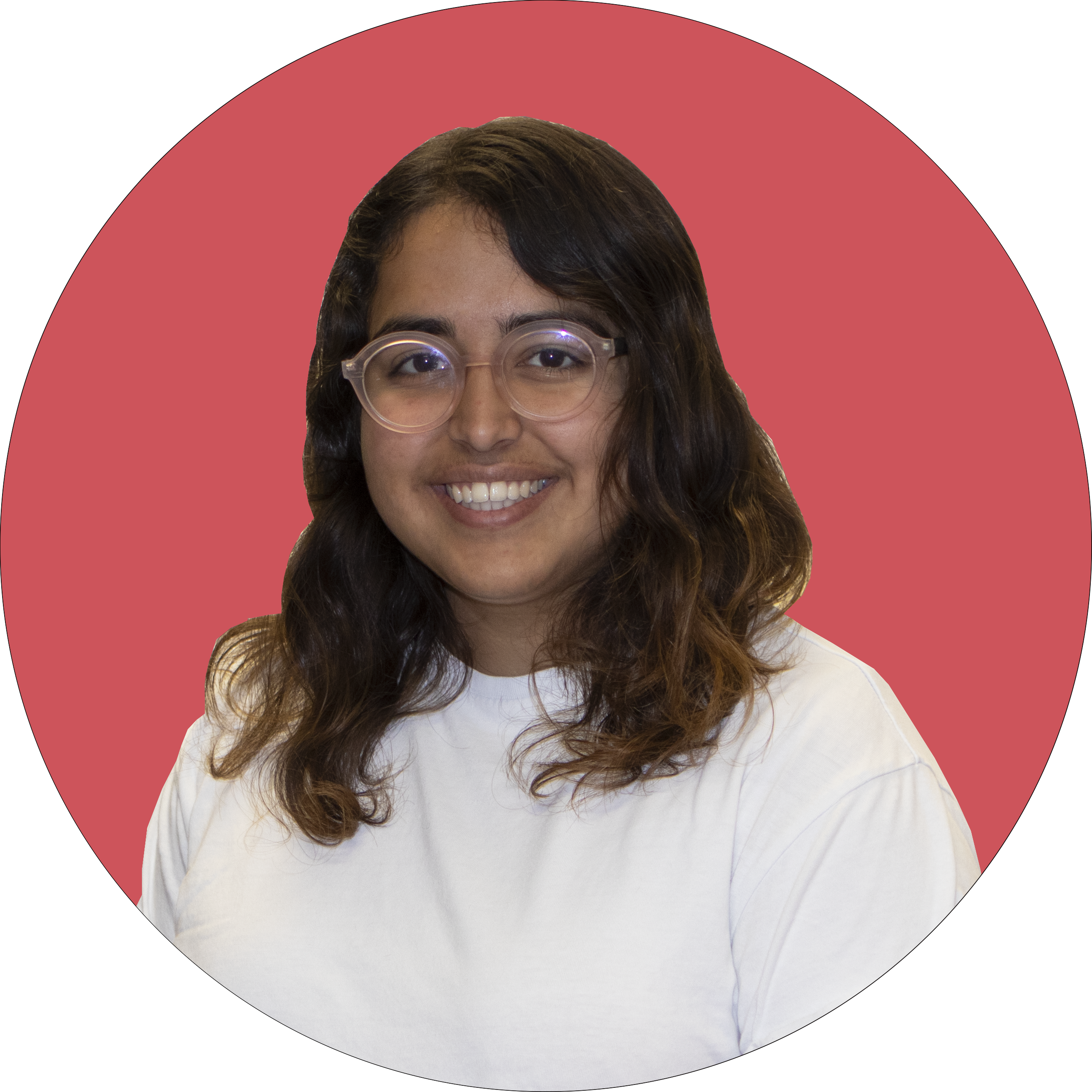MSU Elections 2022: Denver Della-Vedova Platform Critique
C/O Denver Della-Vedova
Denver Della-Vedova is running to be MSU president again, albeit with an updated campaign
Della-Vedova fails to commit fully to many of his platform points and lacks detail regarding consultation, raising questions about feasibility.
Amplifying Voices
Della-Vedova proposes a $1 fee per student to assist the Undergraduates of Research Intensive Universities with hiring staff and covering costs of lobbying. However, his plan does not denote any reasoning behind this number nor does he provide detail on whom he will work with within the MSU to implement this fee.
He plans to prioritize environmental sustainability in his platform; however, he only addresses the problem of non-reusable and non-compostable food packaging. Given that La Piazza has already introduced compostable options for cutlery, Della-Vedova's commitment to introduce more eco-friendly containers does not detail which areas he hopes to address.
His plan to establish stronger relationships with faculty societies is vague. He suggests spending pooled resources between the MSU and faculty societies during events such as Welcome Week, which he hopes will encourage cross-faculty events. However, he makes no explanation of what these resources will be or whom he will work with to implement this. He states that he has consulted with a number of faculty societies but does not share any further detail as to which faculties these are.
He also plans to better connect Student Representative Assembly caucuses with their respective faculty societies but does not clarify how he will accomplish this.
Student Stability
Regarding Della-Vedova's discussion of creating student jobs, he states that he will try to create more jobs on campus for students and investigate ways to potentially connect students with jobs in Hamilton. However, he has not yet reached out to any employers on campus nor any businesses in Hamilton.
Della-Vedova states that he will work with employers such as the Physical Activity Centre of Excellence and the David Braley Athletic Centre to find more job opportunities for students. However, he has not consulted with PACE or DBAC on whether an increase in student positions is feasible.
In addition, Della-Vedova proposes the hiring of a “hype crew” within the Communications and Media department to focus on sprit and brand engagement for the MSU and increase student engagement in events. Yet, Della-Vedova fails to differentiate this from the MSU Maroons who already acts as a representative of the MSU and plays an active role in showing spirit in the community.
To inform first-year students of their housing rights, Della-Vedova proposes in-person legal clinics within residences. However, he intends to have the First Year Council host these sessions, which fails to consider that FYC members are first-year students themselves. This presents a potential issue as first-year students may lack the experience and knowledge to inform their peers.
With mental health impacts more prominent during the COVID-19 pandemic, Della-Vedova’s plans to address mental health concerns are valuable.
Although Della-Vedova did not reach out to the SWC to consult on the feasibility of expanded programming specifically, Rosanne Kent, director of the SWC, said that Della-Vedova has been actively working with the centre throughout his presidency this year. Kent shared that increased capacity is an ongoing goal the SWC strives for, with capacity already being increased this year.
Aside from expanding the SWC, Della-Vedova plans to create an online booking system, which was also proposed in his 2021 platform. However, no mention of the booking system was noted in any of his president reports in his current term. He states that this year’s approach would be different from last year’s, as he would see what the MSU could offer in the development of this system. However, details about what the development would look like and how the MSU would help were not provided.
Keeping Momentum
Della-Vedova commits to making online classes more accessible and consistent for students. His plan for how to accomplish this is to produce a set of standardized recommendations for professors running online classes. However, the specifics of these guidelines are unclear and, further, some of the issues that Della-Vedova highlights, such as the quality of lectures, are difficult to quantify and would thus be challenging to address with a set of guidelines.
Further, Della-Vedova plans to have these guidelines encourage use of fewer platforms such as Microsoft Teams and Zoom more consistently, rather than the wide range of software that the university currently uses. However, Della-Vedova does not address how different platforms may, in some cases, be better suited to the needs of a particular course.
In Della-Vedova's discussion of issues related to Student Accessibility Services, he points out that requiring students to provide a diagnosis from within the last five years poses a major accessibility obstacle; however, he makes no commitment to attempting to change this policy.
Lastly, when Della-Vedova discusses SAS, he suggests that McMaster offers rewards to notetakers, such as references or gift cards. However, references are already being offered to notetakers as rewards. Additionally, regarding gift cards, Della-Vedova does not outline how he would ensure that such rewards could be acquired and distributed.
Throughout his platform, Della-Vedova proposes ideas that he hopes to further investigate. He does not offer many concrete and actionable plans demonstrated by the evident lack of consultation with relevant university members.


